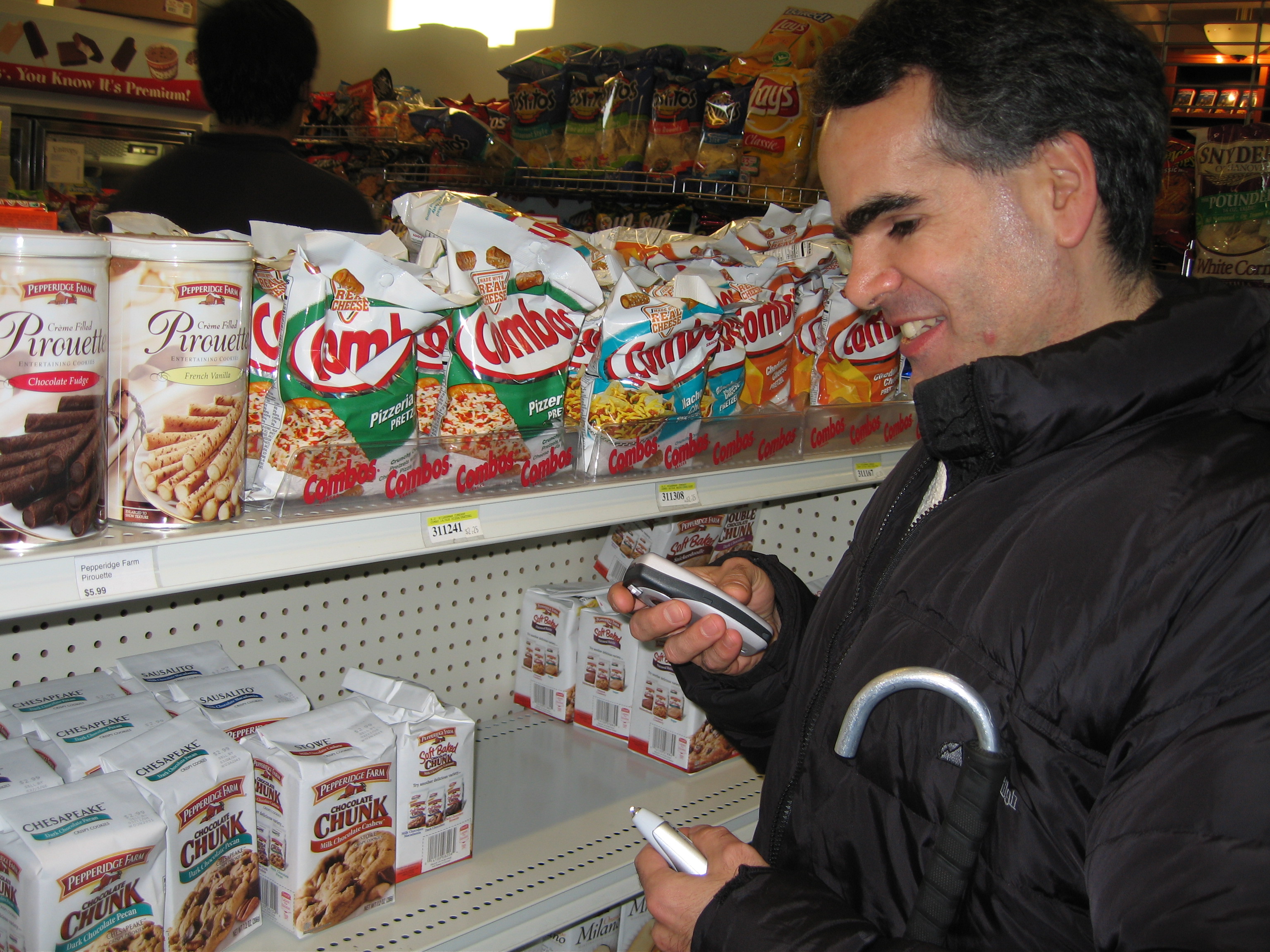I came across a couple of newer technologies suitable for children, teens, and adults who have vision impairments. The technologies might also be useful to a wide range of people, including those who do not have a disability.
WebAnywhere is a screen reading interface for the web, developed by Jeffry P. Bighan, Craig M. Prince, Sangyun Hahn, and Richard E. Ladner, of the University of Washington.
Below is information about WebAnywhere from the University of Washington News:
"This is for situations where someone who's blind can't use their own computer but still wants access to the Internet. At a museum, at a library, at a public kiosk, at a friend's house, at the airport," said Richard Ladner, a UW professor of computer science and engineering. The free program and both audio and video demonstrations are at http://webanywhere.cs.washington.edu.
"Online service lets blind surf the Internet from any computer, anywhere"
WebAnywhere Site
WebAnywhere Paper
WebInSight Publications
WebAnywhere Alpha Release
From the Carnegie-Mellon Website:
Trinetra "the third eye" : SmartPhone-based assistive technologies
"Trinetra aims to develop cost-effective, smartphone-enabled assistive technologies to provide people with an enhanced quality of life in their daily activities. The broad objective is to harness the collective capability of diverse networked embedded devices to support location-aware and context-aware applications, including first-responder support, building navigation, retail shopping, smart transportation, etc."
"The project was originally conceived to enable greater independence for the blind and the visually impaired. To date, we have researched and developed a portable barcode-based solution involving an Internet- and Bluetooth-enabled smartphone to aid grocery shopping at the Carnegie Mellon campus convenience store, Entropy."
"We have also more recently extended this to assist both sighted and visually impaired commuters with their transportation and commute-planning needs, using a smart phone to convey notifications of arrivals, departures, etc. We have also developed a phone-based currency identifier for the visually impaired."Trinetra: Assistive Technologies for Grocery Shopping pdf
Assistive Embedded Technologies pdf Priya Narasimhan
Related:
"Sight for the Blind and Speech for the Deaf: A professor turns cellphones into aides for the disabled"
-Catherine Rampell (Chronicle of Higher Education)



No comments:
Post a Comment